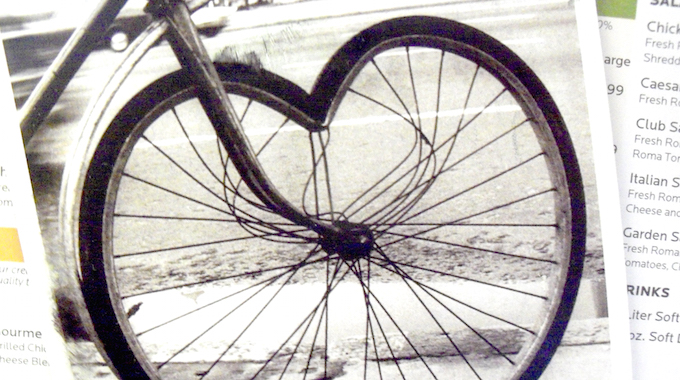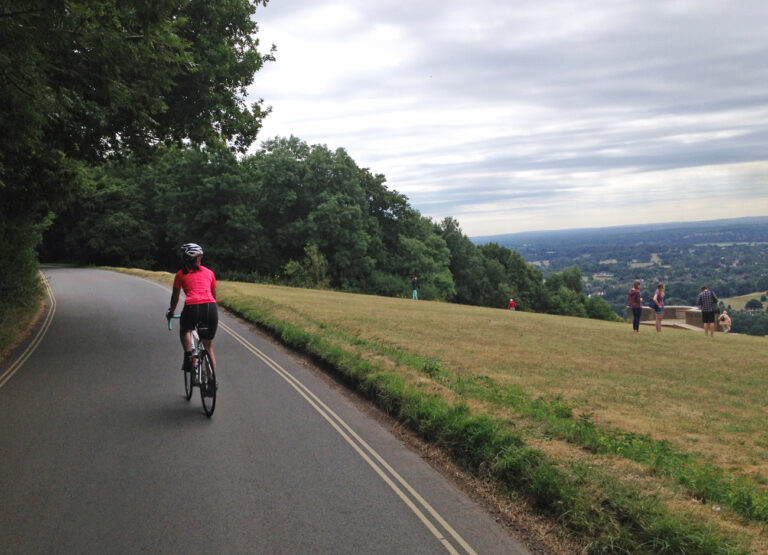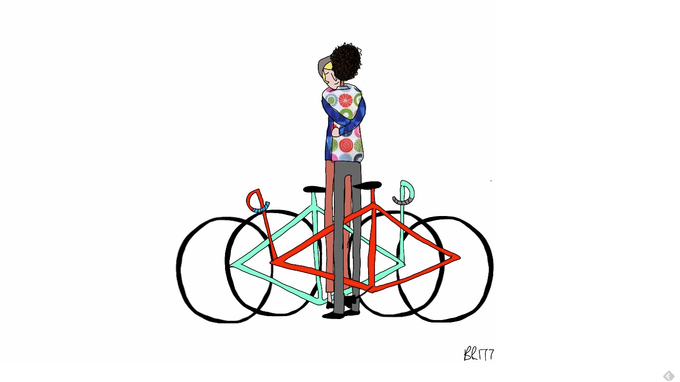
Q: I have just started to commute to my new job 8 miles each way so 16 miles a day (about 500 calories a day) which I have been really enjoying but I am now absolutely ravenous all day no matter what I eat! Have you any advice on what is best to eat to curb the hunger and will it subside in time?
A: Building some activity into your everyday schedule is a great way to make sure that you are consistently getting some miles in, and helps your calorie balance each day. But it might mean that you have to think about the timing of your nutrition and maybe reconsider what you are eating to maintain your energy levels and banish hunger pangs.
You might be best off splitting your breakfast into two parts. The first part is about giving your blood sugar a rise after your overnight fast, especially if you’ve got a hill climb to do on the way to work! Something small like some yogurt and dried fruit, or a cereal bar is enough to give you that small rise without having to set off with a really full stomach.
When you get to work, make sure you have some porridge sachets or cereal and milk in stock so that effectively acts as your recovery nutrition. Eating low GI carbs, I.e. Wholegrains, that release their energy more slowly through the day should help to stabilise your blood sugar levels.
In general, protein gives you the greatest satiety of all nutrients. It’s quite easy to avoid having much protein until dinnertime if you just have cereal for breakfast and then the odd slice of ham in a sandwich at lunchtime.
Try and make sure you have some as snacks (such as nuts or greek yogurt)in the morning and/or afternoon, and make sure you have a 20-25g protein serving with your lunch. This is the equivalent to three large eggs, a chicken breast, a small tin of tuna or tin of beans. This will take 3-4 hours to digest fully, so along with some additional low GI carbs should keep you feeling full and energised for your ride home.





